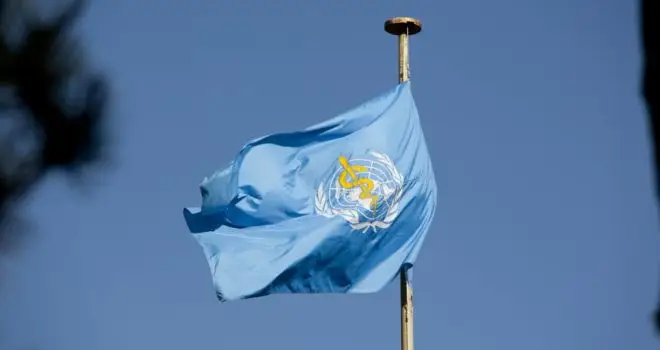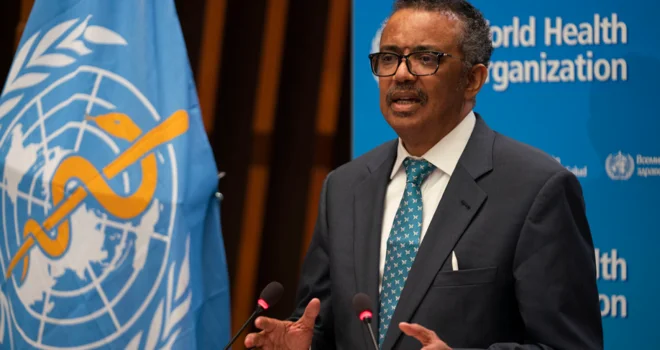This statement was submitted for the session Operational Action Plan for Climate Change and Health at the Seventy-Second Session of the WHO Regional Committee for the Eastern Mediterranean
Honourable Chair,
Distinguished Delegates,
The World Heart Federation commends WHO and Member States for the progress made in implementing the Regional Framework for Action on Climate Change, Health, and the Environment.
The Eastern Mediterranean region faces severe climate-related health challenges. Air pollution is widely recognized as a leading cause of noncommunicable diseases, especially cardiovascular disease. In 2021 alone, air pollution was responsible for over eight million deaths worldwide. In our region, sand and dust storms affect more than 400 million people, while extreme heat events further increase the risk of cardiovascular complications.
Evidence-based public health and climate interventions, implemented through effective multisectoral coordination, can yield substantial co-benefits – protecting vulnerable populations in the short term while strengthening health systems resilience and adaptive capacity in the long term, especially through integration into national policies, strategies, and development plans.
WHF urges Member States to:
- Adopt and implement the WHO 2021 Global Air Quality Guidelines;
- Foster environments that deliver co-benefits and promote health equity through intersectoral policies and interventions that reduce air pollution, promote healthy lifestyles, and build climate-resilient health systems, with attention to social, commercial, and environmental determinants of health; and
- Endorse the Regional Operational Action Plan for Climate Change and Health and adopt its Resolution, consistent with the principles and provisions of the UN Framework Convention on Climate Change and the Paris Agreement.
The proposed Regional Health Security Observatory, with its climate and environmental health module, represents a significant innovation that will generate robust data to strengthen preparedness and response to climate-related health emergencies in our region.
Thank you.

